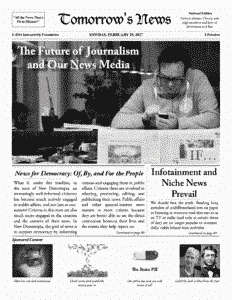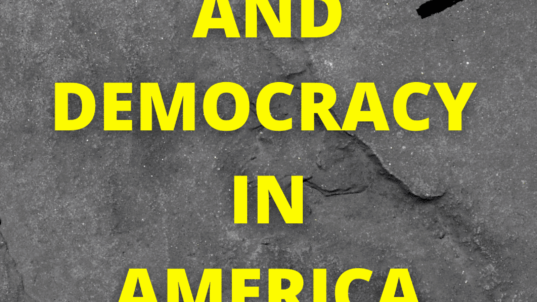The term “news media” encompasses various  platforms including radio, television, newspapers, magazines, blogs, and infotainment. The boundaries of journalism are evolving and expanding, raising questions about its role in society and its relationship with power. News serves many essential roles in a society, providing important information to citizens and holding government leaders to public account. It should aim to uncover truth while maintaining objectivity. However, achieving objectivity can be difficult. In an open democracy, the government and the press are often in tension, balancing the right to free expression against the government’s desire to control public access to information. Economically, sustaining the news industry poses challenges, requiring considerations on funding models amidst technological and social shifts. This discussion guide invites you to explore these issues and some possible different policy responses to them.
platforms including radio, television, newspapers, magazines, blogs, and infotainment. The boundaries of journalism are evolving and expanding, raising questions about its role in society and its relationship with power. News serves many essential roles in a society, providing important information to citizens and holding government leaders to public account. It should aim to uncover truth while maintaining objectivity. However, achieving objectivity can be difficult. In an open democracy, the government and the press are often in tension, balancing the right to free expression against the government’s desire to control public access to information. Economically, sustaining the news industry poses challenges, requiring considerations on funding models amidst technological and social shifts. This discussion guide invites you to explore these issues and some possible different policy responses to them.


